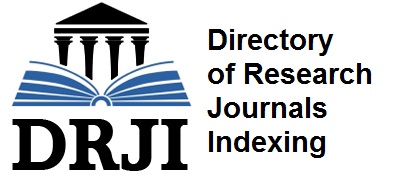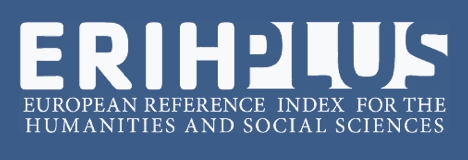The role of social media in Maghreb after the Arab springs between migrants and associations: the case of Boukhalef (Tangier, Morocco)
Abstract
The article focuses on events of which the authors have been spectators during their research work in Morocco (district of Boukhalef, outskirts of Tangier, August 2014): the attacks suffered by migrantsliving in the district carried out by Moroccan citizens.The authors show, in a narrative way, the role of social media used by migrant transnational networks and associations in the dissemination of information. The purpose of the article is, to provide an initial reconstruction of the events and the way they have been told via Twitter in the framework of the general migrants situation in Morocco.
L’articolo si focalizza su avvenimenti di cui gli autori sono stati spettatori durante il periodo di ricerca svolto in Marocco (quartiere di Boukhalef, periferia di Tangeri, agosto 2014): gli attacchi subiti dai migranti che vivono nel quartiere da parte di cittadini marocchini. Gli autori mostrano in forma narrativa il ruoloche i social media usati da reti transnazionali di migranti e associazioni hanno svolto nella diffusione delle informazioni. Scopo dell'articolo è di dare una ricostruzione dei fatti e di come sono stati raccontati via Twitter, nel quadrodella situazione migratoria in Marocco.

This work is licensed under a Creative Commons Attribution-NonCommercial 4.0 International License.
Authors who publish with this Journal agree to the following terms:
Authors retain copyright and grant the Journal right of first publication with the work simultaneously licensed under a Creative Commons Attribution-NonCommercial 4.0 International License.
This Journal permits and encourages authors to post items submitted to the Journal on personal websites or institutional repositories both prior to and after publication, while providing bibliographic details that credit, if applicable, its publication in this Journal.

















